How Chavismo Has Ripped Off The Private Sector For Years
There is an article today in the New York Times, which while factually correct, seems to me to be a little late to the game in explaining to its readers how Chavismo has “vanished” the profits (And equity too) of private companies, whether they are Venezuelan or not.
Chavismo has never played by the rules, whether international or national. It has ripped off the Venezuelan people by claiming to care for them, while allowing inflation to soar and wasting the oil windfall of the last decade on propaganda, incurring in new debt and simply doing whatever was necessary to preserve Chavismo in power. And it continues to do so.
But to pretend this is a new phenomenon, or that it only has to do with the most recent devaluation in Venezuela, is to ignore fifteen years of Chavismo as well as eleven years of exchange controls. Not to mention the total lack of scruples by Chavismo to steal, lie, bully, ripoff and deceive multinational and national companies, accustomed to people being honest and respecting the laws and customs of business and trade.
When Chavismo imposed foreign exchange controls in February 2003, the Bs. 1.59 per US$ rate was established as a way of protecting international reserves and the Government promised to make that rate available to bona fide companies in import and manufacturing, as well as allowing people to buy at the controlled rate for some of their needs. The system and the controls allowed companies to repatriate profits and even capital, if required, you just had to follow certain procedures to make sure your needs and requests were real.
Since the Government imposed certain limitations, a parallel “swap” market developed immediately, as people realized that the Government had not banned exchanging two properties, such as a security denominated in Bs. for one denominated in US$. This market took a while to develop, as people discussed its legality, some companies were afraid to use it and the Government and the Government kept talking about issuing a Bill that would make it a crime to exchange money outside of the official controls.
But about two years after imposing exchange controls, the Venezuelan National Assembly approved the so called “Foreign Exchange Illicits Bill” which did penalize buying or selling dollars, but actually exempted “securities” from the Bill, essentially saying that it was healthy for a parallel market to exist.
This was a critical step in the development of the swap market (mid-2005 or so), as most companies started trading in the swap market to solve temporary foreign currency (or Bolivar!) needs and even to speculate with the currency.
But few companies use the swap mechanism to repatriate dividends. The argument was that why bother doing this, when the Government, via Cadivi, was going to give them the foreign currency for repatriation at the official rate of exchange.
By the time this happened, the official exchange rate was around Bs. 2.1 per US$, while the swap rate was maybe 20-30% higher.
But then things got complicated. Just as Chávez began using reserves for parallel funds, squeezed PDVSA for social spending and issuing debt to cover shortfalls, the international financial crisis of 2007-2009 hit and oil prices went down. Since Chavez needed more and more funding for his exploits, Cadivi became stingy, giving less and less for dividend repatriation which mostly ended by 2007.
Continue reading HERE.







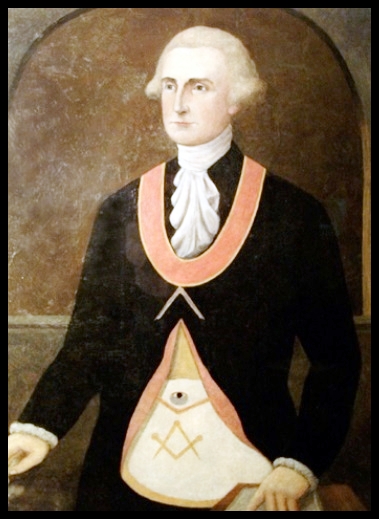
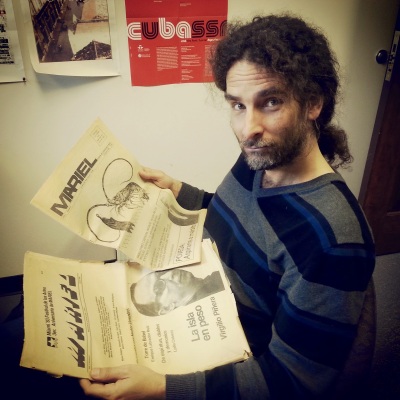


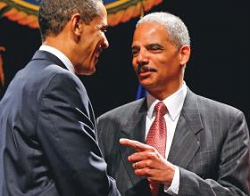

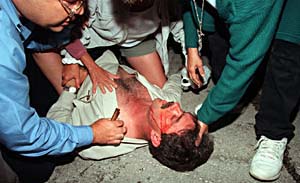
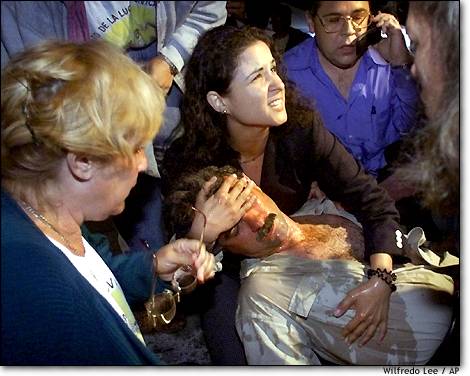

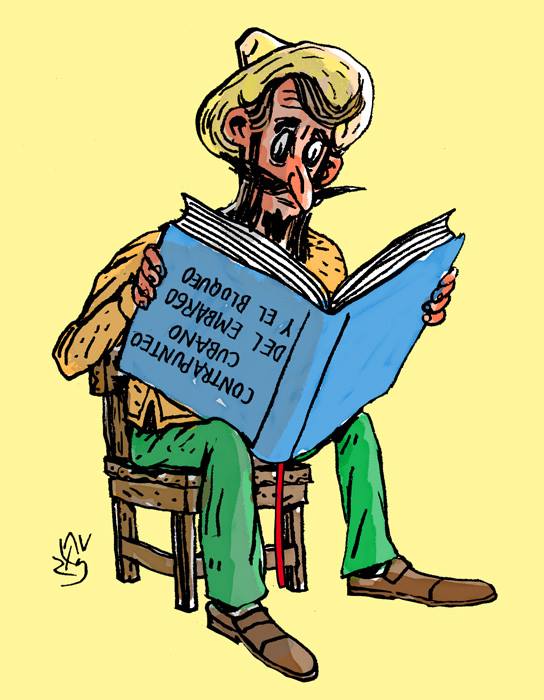
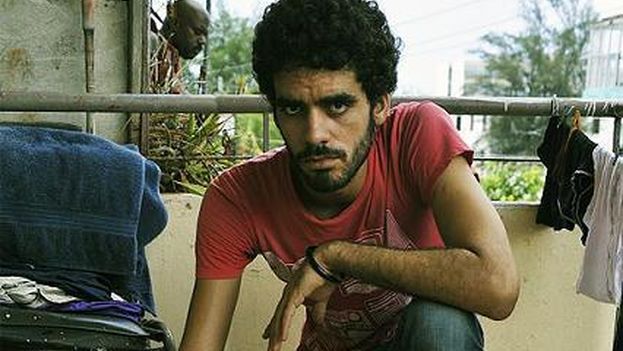

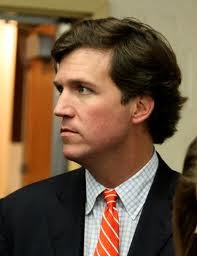
 A Cuban lawyer has confessed that he was a State Security collaborator for the four years he spent portraying himself as a dissident and harshly attacking two of the country’s most active opposition groups.
A Cuban lawyer has confessed that he was a State Security collaborator for the four years he spent portraying himself as a dissident and harshly attacking two of the country’s most active opposition groups.
